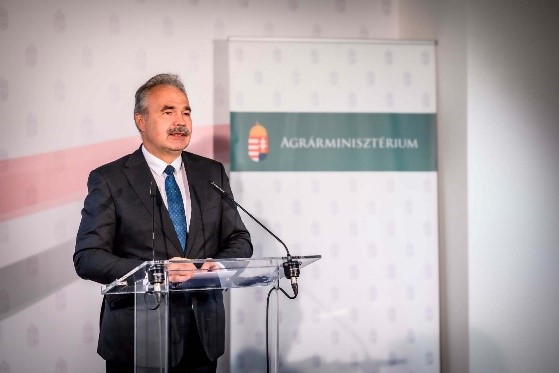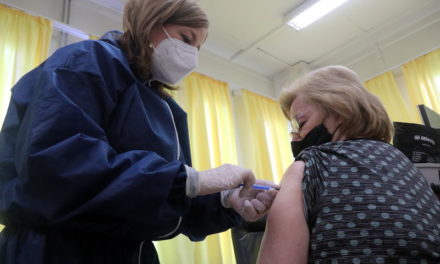The "neither" in the title is justified because, in the first reading, the agriculture ministers of 27 EU countries rejected the "unifying" (see: United States of Europe...) liberal idea made without impact studies, which would set the same conditions for the agriculture of all European countries, regardless of whether huge differences and traditions .
What Brussels is preparing for is no longer the uniform curvature of cucumbers, or the disallowance of manual goose stuffing. It is now clear that they were only small "tests" in the line.
While trying to make farms impossible, Brussels has not a word to say against the dumping of agricultural goods from third countries.
So for the time being, the National Chamber of Agrarian Economy (NAK) and the National Association of Hungarian Farmers' Unions and Farmers' Cooperatives (Magosz) have launched a petition: they are waiting for the farmers' support to reject the proposals of the European Parliament's mainly left-wing and liberal representatives for a new EU agricultural policy.
NAK and Magosz reminded that the proposals of the European Parliament (EP) cause a significant competitive disadvantage for European, including Hungarian,
farmers, while giving an advantage to uncontrolled foodstuffs from outside the European Union. In doing so, they endanger the health of European citizens, and the measures would also lead to a significant increase in food prices.
In the petition, the organizations representing domestic producers call on the European Parliament not to create a competitive disadvantage for European farmers, thereby enabling Hungarian farmers to continue to contribute to the healthy lives of European and Hungarian people by producing high-quality food.
The proposals of the European Commission, thus the EP, and the strategies included in them set unrealistic expectations for farmers in order for the organizations to appear as green as possible and to gain more popularity with their climate and climate protection ambitions.
The parliamentary proposal would further reduce the amount of traditional area-based subsidies, i.e. the ratio between competitiveness and climate change management would be reversed.
Support for sensitive sectors, such as livestock keepers or fruit and vegetable growers, is also under discussion.
Hungarian left-wing representatives also support the anti-farmer Brussels agrarian decree. The vice-president of the European Parliament, the Prime Minister candidate of the Democratic Coalition (DK), Klára Dobrev, never once spoke against the proposal, in the interests of Hungarian farmers. In its program, the DK openly undertakes that large agricultural companies must gain space in Hungary, and the moratorium on the purchase of agricultural land by foreigners must be lifted immediately. In its program, the Gyurcsány party literally believes in the cultivation of genetically modified crops, and believes that it is the future.
Agriculture Minister István Nagy previously warned: the left's hatred of the government overrides everything. Their greatest desire is for there to be discontent and for the government to fail even before the elections. At the same time, they do not count on the fact that if they come to power, they would immediately face reality and the consequences of their irresponsible campaign promises. "Neither the farmers nor the voters can be deceived by false promises," he added.
Following the Hungarian Nation













